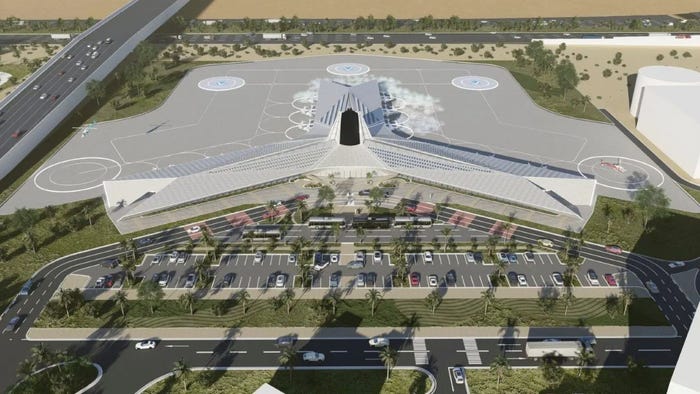
Nvidia has launched an inaugural AI Tech Community in Pittsburgh, Pennsylvania, for academia, startups, enterprises and other organizations to collaborate on the development of AI and robotics.
The initiative aims to supercharge public-private partnerships across communities that have strong potential for enabling technological transformation using AI, the company said.
For the community, two Nvidia joint technology centers would be established in the city, one with Carnegie Mellon University (CMU) for robotics, autonomy and AI and another with the University of Pittsburgh for AI and intelligent systems.
The Robotics Institute at CMU is already the world’s largest university-affiliated robotics research group encompassing more than 1,000 faculty, staff, students, post-doctoral fellows and visitors all working on robotics development.
Through the Nvidia technology collaboration, the institute would gain access to the latest technologies for developing AI and robotics.
Theresa Mayer, vice president for research at CMU, said the unique collaboration will ‘accelerate innovation, commercialization and operationalization of robotics and autonomy, advancing the best impacts of AI on society.’
The University of Pittsburgh center will focus on computational opportunities across the health sciences, including applications of AI in clinical medicine and biomanufacturing.
The university is ranked No. 6 in the U.S for research funding from the National Institutes of Health, topping more than $1 billion in research expenditures in fiscal year 2022.
Rob A. Rutenbar, senior vice chancellor for research at the university, said by focusing on computational and AI opportunities across the ‘meds and eds’ areas, the faculty plan to leverage its collaboration with Nvidia to explore new ways to connect breakthroughs to improved health and education outcomes.
By working with these universities, Nvidia said it aims to accelerate the innovation, commercialization and operationalization of a technical community for physical AI, robotics, autonomous systems and AI across the nation and the globe.
Both centers would gain access to Nvidia’s full-stack AI platform and accelerated computing expertise, which includes Nvidia DGX for AI training, Omniverse for simulation and Jetson for edge computing.
The universities would be able to use certain generative AI, data science and accelerated computing resources through the Nvidia Deep Learning Institute, which provides training to meet diverse learning needs and upskill students and developers in AI.
The company said its advanced technological support can help accelerate the research groups’ workflows and enhance the scalability and resiliency of their AI applications.
As part of the AI Tech Community initiative, Nvidia is also increasing its engagement with Pittsburgh-based members of the Nvidia Inception program for cutting-edge AI startups and the Nvidia Connect program for software development companies and service providers.
This article first appeared in IoT World Today's sister publication AI Business.
About the Author
You May Also Like






